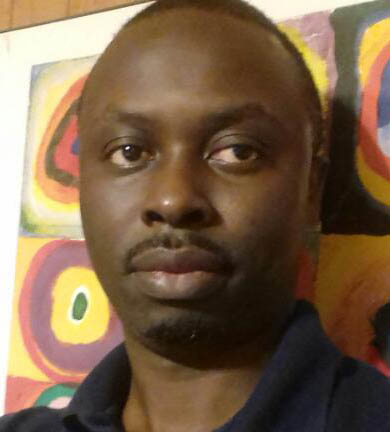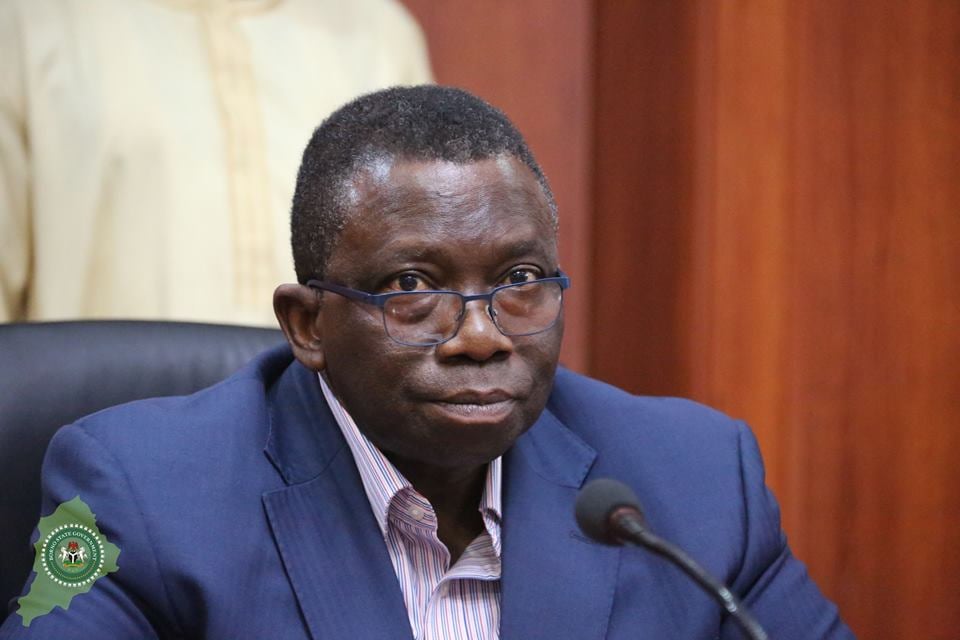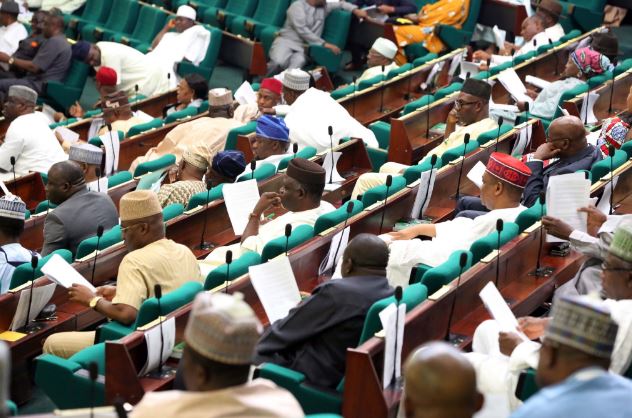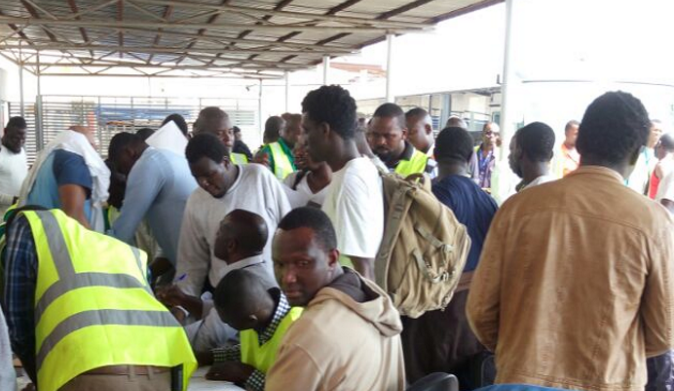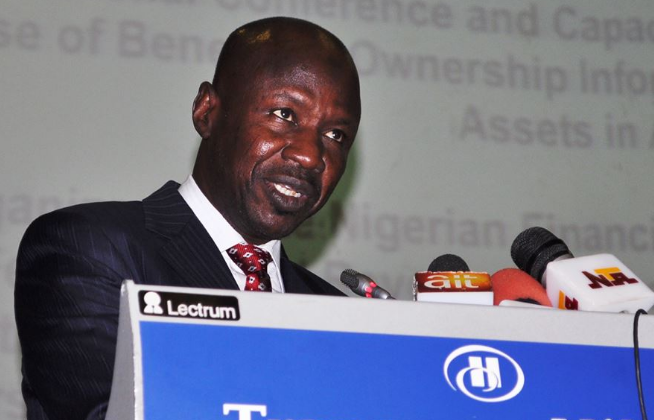In November 2009, I sat near Isaac Adewole, in Dare-Salaam, Tanzania. I could tell of his brilliance and dedication to a cause he believed in based on how up-close I saw and interacted with him. He was elected the chairman of African Organisation for Research and Training in Cancer (AORTIC) at that meeting unopposed to confirm his leadership prowess. We all roared in jubilation to approve that election.
At that time, he was a professor at the University of Ibadan and awaiting vice-chancellor. He became the vice chancellor of the premier university just about one year after. His academic brain and soundness have not been mixed with Nigeria’s perplexing politics.
But in November 2015, five years later, Adewole, became Nigeria’s health minister and his progress took a turn. He became a reactive man, and not proactive anymore. He must really be frustrated and hiding it.
Really, serving in Nigerian government can turn a smart man into a sluggish man. Government work around here can make a man full of vision to lose his sight.
Advertisement
Adewole must have had a torrid time as a sitting health minister whose tenure has had running battle with outbreak of diseases. With scores of people dying from diseases that are preventable and government using fire brigade approach for a rescue plan, I am fully convinced that Adewole is in a cage too difficult to exit from.
“I should start with global health security, as we might be aware, we have been dealing with series of outbreaks over the last one year. We started with Lassa, we moved on to cholera, there were pockets of measles and now we are dealing with meningitis,” he said without putting figures to the number of health-related deaths under him as a minister. But those deaths are now over a million in less than two years that he became a minister.
Honestly, I feel lethargic these days about Nigerian situation that I am hesitant to write. The bad shape that our country is will require not only a smart panel-beater to beat it into shape, but a man of hammer to hit the hell out of Nigeria.
Advertisement
This week, after reading the headline, “Nigeria begs US to help fight Malaria,” my heart pumped. Sadly, the news story was attributed to the health minister, who equally acknowledged that the United States through its USAID/presidential malaria initiative covering 11 states and the national malaria programme has invested the substantial amount of about $490 million in Nigeria.
The United Kingdom through its department for international development (DFID), the World Bank, the Global Fund, all separately put millions of dollars into malaria fight in Nigeria.
But despite the huge money invested in Nigeria already by the United States, including what the country itself continues to include in its annual budget, no less than 300,000 lives are lost to malaria annually. If you have been a victim of malaria, you will have no reason to dispute the figure. I think it could be more than that after seeing two close family members killed by malaria.
So my question is why is malaria-related death continues in Nigeria year after year despite the fact that it is preventable and with the huge amount of money invested in Nigeria by donor countries and nonprofits? The continuous mismanagement and embezzlement of the fund by those entrusted with its administration is a big issue in malaria fight in Nigeria.
Advertisement
Interestingly, Nigerian administrators are so unkind to the poor. They continue to embezzle such money meant for rescue efforts like security fund, national emergency management fund, presidential initiative for the north east fund, malaria control fund and many others.
On its national malaria control pProgramme website (www.nmcp.gov.ng), you can get the picture that Nigeria is not interested in eradicating malaria the way the United States did in the 50s. At best, Nigeria wants to roll malaria back so that it can continue to roll forward. The content on the website is outdated and that shows the concern the ministry of health have for malaria eradication.
When in November 2016, the United States launched a whistle-blowing campaign on Nigeria for theft of its donated anti-malaria fund I was sad, knowing that I have lost people to malaria.
According to the deputy inspector general in charge of the American-supported malarial control program in Africa in USAID, Jonathan Schofield, antimalarial products including treated bed nets and medicines carrying the USAID brand meant to be distributed free of charge, as part of the contribution of the American government to eradicate malaria in Nigeria were being diverted or faked by syndicates.
Advertisement
I remember that the US government promised to give monetary reward for any useful information that would lead to the arrest of syndicates who hoard or fake the USAID-funded malaria products in Nigeria. It was that bad. Why are we the enemies of our own progress?
It may surprise many why the United States continues to support Nigeria despite its frustrating experience. Here is the truth. The US understands that America is not completely a safe haven with regards to malaria, though malaria ended in the US in the 50s.
Advertisement
Americans are explorers and they go everywhere, and because they visit such malaria endemic countries as Nigeria there’s the probability of being infected.
Of course, with more immigrants and tourists arriving in the US every day, they will likely carry the fever with them and place the burden on America’s healthcare system.
Advertisement
For instance, in a report published on April 24, the American Journal of Tropical Medicine and Hygiene claimed that between 2000 and 2014, about 22,000 people were admitted to U.S. hospitals with complications of malaria.
As the US consul general in Lagos, Francis John Bray, recently wrote that “ridding the world of this burden will have a long-term transformative impact across the globe, saving millions of lives and generating trillions in additional economic output,” the burden is on professor Adewole to follow the money to save lives.
Advertisement
Follow me on twitter: @adeolaakinremi1
Add a comment
